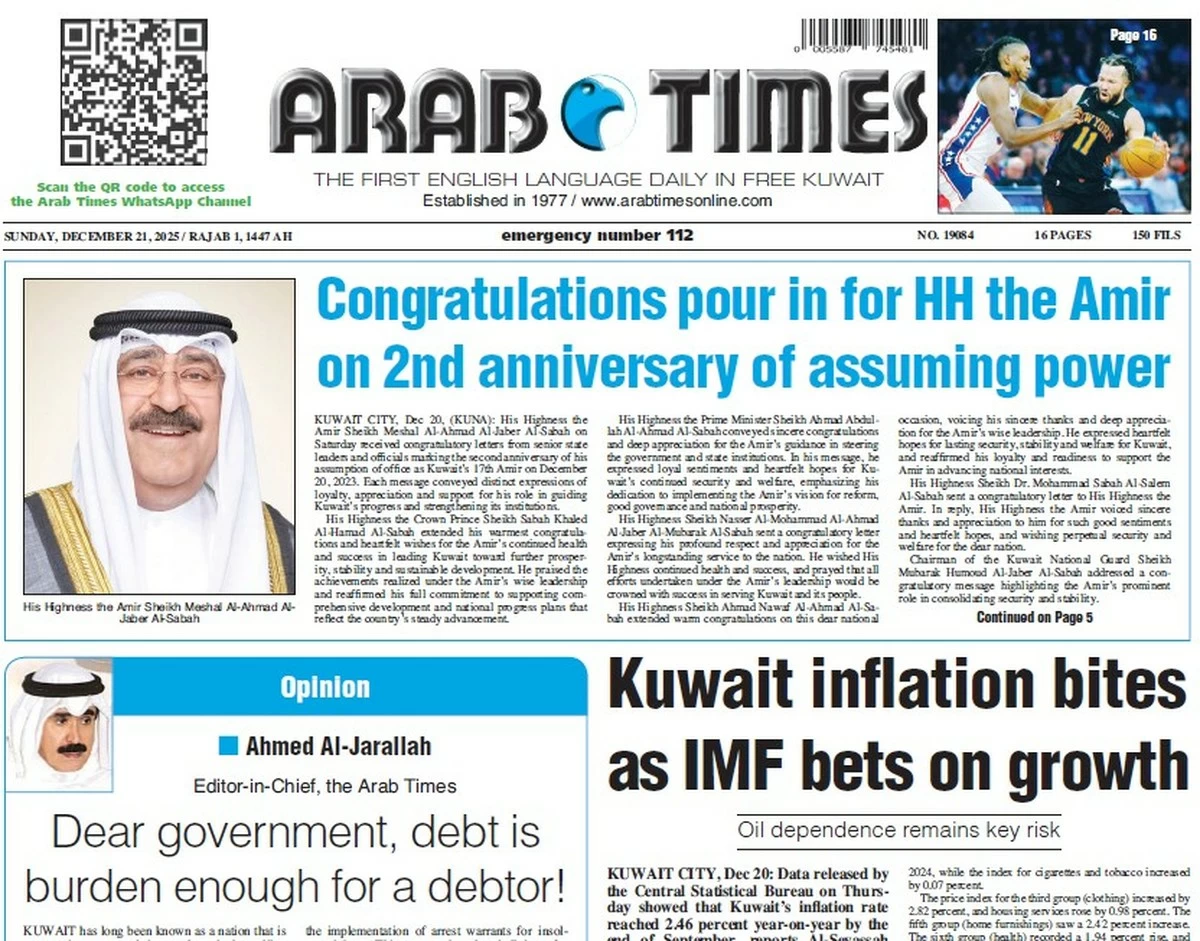13/10/2025
13/10/2025

SHARJAH, UAE, Oct 13: Sharjah Police have issued a fraud alert following a rise in online scams involving fake car advertisements that exploit buyers’ emotions, urging the public to verify sellers and report suspicious listings.
According to authorities, scammers are increasingly sophisticated, crafting adverts that manipulate desire rather than reason, turning hope into vulnerability.
The typical scam unfolds like this: A late-night scroll reveals a tempting offer—a brand-new car showcased with gleaming photos and an unrealistically low price, such as AED 30,000. The advert appears polished and urgent. The seller responds immediately, warning that many are interested and only the first to pay a deposit will secure the deal—a classic pressure tactic to rush decisions.
Once the payment is made, initial relief gives way to silence. Calls go unanswered, messages ignored, and eventually an automated message confirms the worst: “The mobile phone you have dialled is switched off.” The promised car never existed.
Sharjah Police report that such scams have become widespread across social media and classified ad platforms, preying on hopeful buyers.
In a public warning video, Sharjah Police highlighted a surge in fake online ads for high-value items, including cars and electronics, offered at unrealistically low prices. “Not every great deal is genuine, and misplaced trust can be costly,” police cautioned. “These seemingly attractive offers are often a trap targeting those who fail to verify or ask questions before engaging.”
Officers describe a familiar pattern in fraudulent ads, consisting of three elements:
- A Tempting Dream: Offering something valuable at a fraction of its real price
- A Symbolic Price: A price so low it overrides doubt and sparks immediate interest
- Flashy Photos: Professional images and convincing details creating a false sense of legitimacy
“Fake ads don’t begin with lies—they begin with dreams, cheap prices, and attractive pictures,” police noted. Their goal is to bypass logic and appeal directly to emotion. Victims aren’t just buying a product—they are buying the feeling of a bargain.
A Sharjah police officer explained scammers exploit two main weaknesses: excessive trust and lack of verification. “The victim is the one who didn’t verify and didn’t ask,” he said. Many buyers, lured by low prices, skip basic checks such as viewing the item, confirming ownership, or verifying the seller’s identity.
The warning is clear: “Excessive trust can cost you dearly. Do not give it to any advertisement.” Once money changes hands, communication usually stops, and the fraudster disappears—leaving financial loss and regret behind.
Sharjah Police stress that awareness remains the best defense. Scammers will continue to evolve, but critical thinking and caution are the strongest shields.
The public is urged to:
- Question any deal that seems “too good to be true”
- Always verify before trusting, no matter how convincing an ad appears


